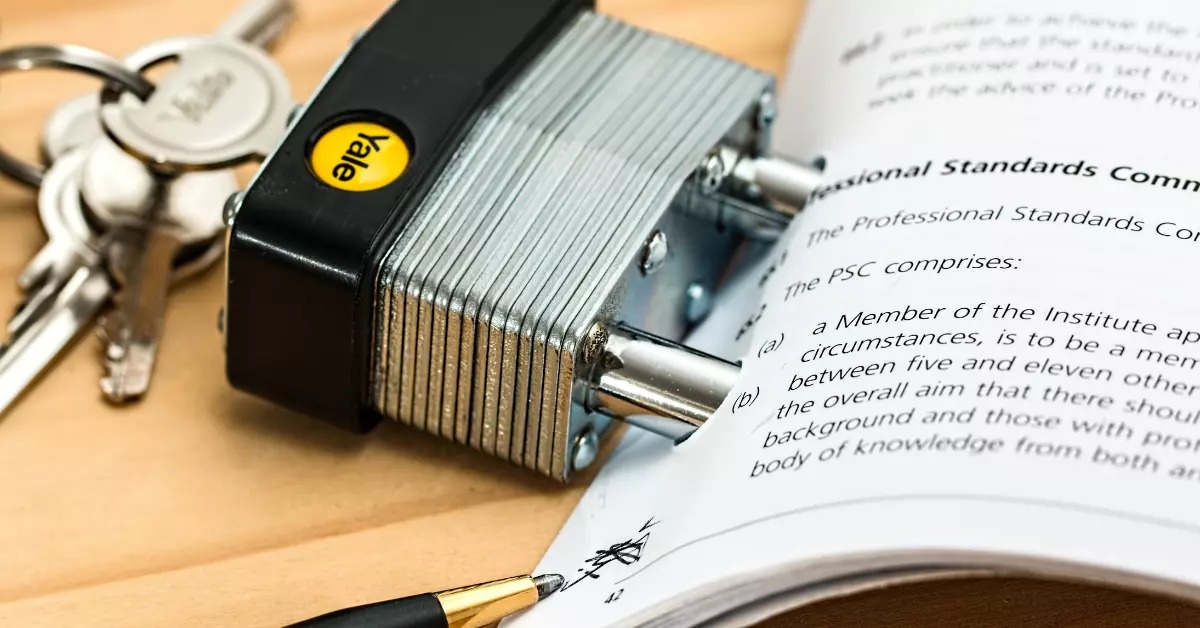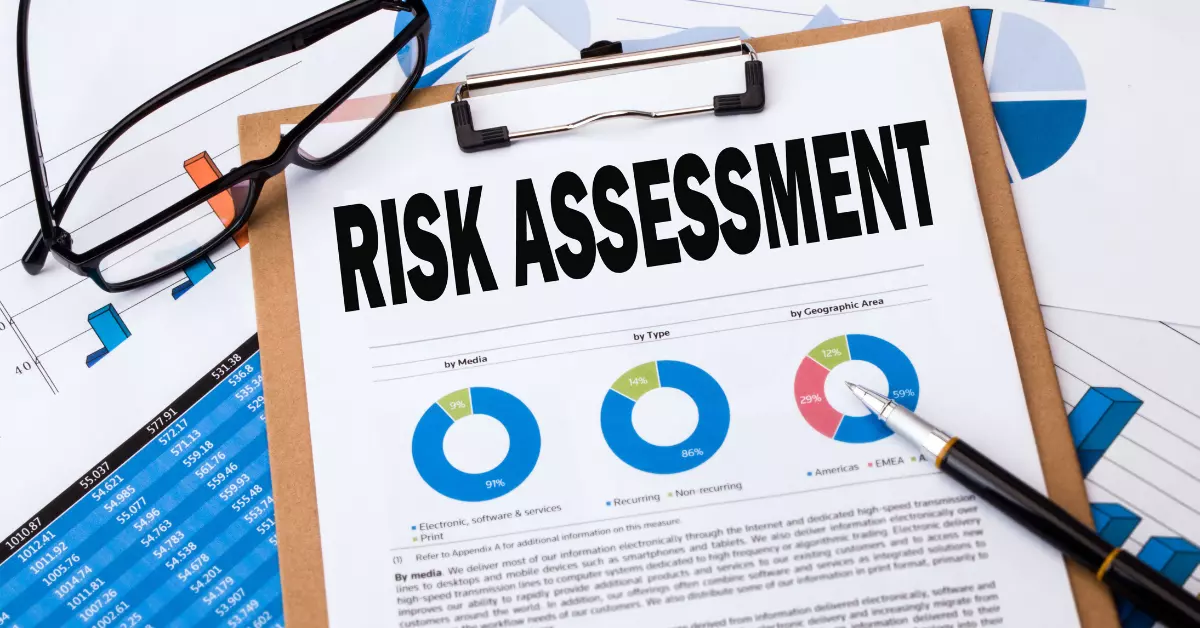
If the keys are still not returned, you may need to take legal action and follow proper eviction procedures. As a landlord, it can be frustrating when a tenant fails to return the keys after moving out.
It can cause inconvenience, additional expenses, and security risks. However, it’s essential to handle the situation calmly and legally.
In this article, we will discuss what steps you can take when a tenant does not return keys, the consequences of not returning keys, and how to prevent this situation from happening again.

As a landlord, it can be frustrating and worrisome when your tenant does not return the keys to the rental property.
Understanding the situation, including the reasons why a tenant may not return keys, can help you navigate the process.
There are several reasons why a tenant may not return the keys to the rental property. Some of these include:
Your tenant may have lost the keys to the rental property, resulting in their inability to return them.
In some cases, a tenant may choose to hold onto the keys of the rental property, despite their legal obligation to surrender them.
Read About: Can Landlord Make You Cut Grass? - Rental AwarenessIf you mailed the keys to the rental property to your tenant, they may report that they never received them.
Your tenant may be unresponsive to your calls or emails, making it difficult to retrieve the keys from them.

As a landlord, you have certain legal obligations when it comes to keys for your rental property. Some things to keep in mind include:
As the landlord, you have the right to access the rental property, but you must provide reasonable notice to the tenant beforehand.
The tenant is obligated to surrender the keys to the rental property upon termination of the lease or eviction.
Violating the lease agreement can result in consequences for both the landlord and tenant, which could include financial penalties.
As a landlord, one of the most frustrating things you could face is a tenant who refuses to return the keys to your rental property. It’s not only inconvenient but could also put the property at risk of theft and damage.
We’ll look at the steps you can take when a tenant doesn’t return the keys.

Documenting your efforts to retrieve the keys is crucial in case you need to take legal action. Here are some things you should do:
Assess the risk and cost of the tenant not returning the keys. Here are some things you should do:

Once the deadline for key return has passed, it’s time to change the locks. Here are some things you should do:
If a tenant doesn’t return the keys, change the locks and notify them via certified mail. You can also deduct the cost of replacing the locks from their security deposit.
Read About: Which Services are Located in a Tenant Database?Yes, you can deduct the cost of changing the locks and rekeying from their security deposit. Make sure to provide the tenant with an itemized list of the charges.
It is best to wait for the tenant for a few days past their move-out date, but if they still don’t return the keys, it’s important to take action immediately.
If a tenant refuses to return keys, you can file a lawsuit against them for the cost of changing the locks and rekeying the property. You can also seek damages for the time it took for the tenant to return the key.
When the tenant goes rogue, not returning keys, you’re not powerless. With immediate action, a clear policy, and the law on your side, you can swiftly regain control.
Remember, every hiccup like this is an opportunity to refine your property management prowess.